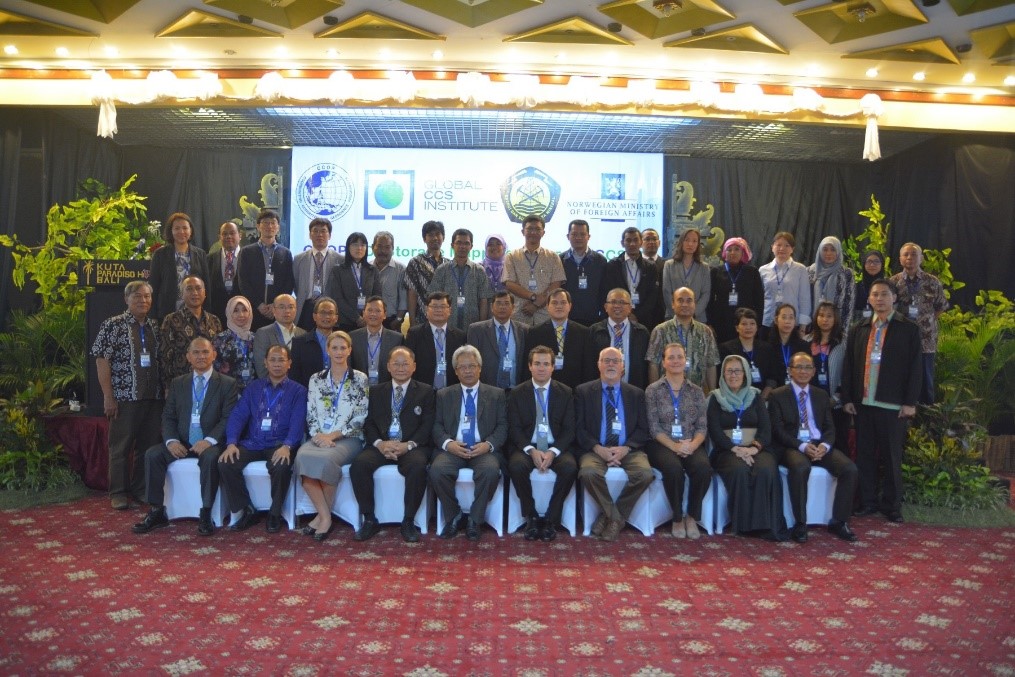Insights and Commentaries
Speeding up CCS deployment in the Asian region
15th March 2015
Topic(s): Capacity development, Carbon capture, use and storage (CCUS)
The Institute's Chris Consoli, Senior Adviser for Storage (Asia Pacific) recently attended a storage mapping workshop in Bali, Indonesia to share recent developments in identification and assessment of CO2 storage sites around South East Asia. Chris reports here on the progress of the workshop and some of the current issues confronting storage research in the region.
Identifying saline formations deep within the Earth and knowing how much CO2 they can store safely and securely is one of the greatest hurdles to the wide-scale deployment of CCS. The Coordinating Committee for Geoscience Programmes in East and Southeast Asia’s (CCOP) CO2 Storage Mapping Program is tackling this issue thanks partly to the sponsorship of the Global CCS Institute. This four year capacity building program aims to identify sites for CO2 geological storage throughout their region, published as an atlas. I recently attended a workshop in Bali, Indonesia, to present on the status of CCS in 2015 and the technological barriers and opportunities for CCS deployment – providing a global overview.

Photo courtesy of Simplicio Caluyong, CCOP CO2 Storage Mapping Program (CCS-M).
The workshop used a real-world geological setting and data from Indonesia. Their task was to calculate the storage capacity of this site and compare results. Interestingly, all the teams had comparable estimates but not the same, which proves the complexity that lies within reservoir capacity calculation when using real world data. The workshop was successful thanks to the hard work of subject experts, LEMIGAS (the national centre for oil and gas technology research) and the Ministry of Energy and Mineral Resources (ESDM), Indonesia, in cooperation with CCOP Technical Secretariat. The workshop is the first of a series of case studies that will give the participating nations the ability to produce their own CO2 storage characterisation study with capacity estimates in their own backyard.
At the workshop, I had the opportunity to meet many of the geologist and engineers from a variety of industries, geological surveys, and government organisations from across the region. Collectively, the group had a clear focus to understand the methods and techniques behind CO2 storage characterisation and the determination to move CCS forward in their region.